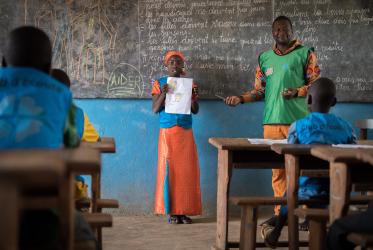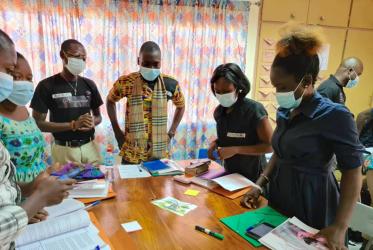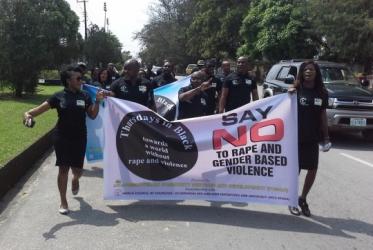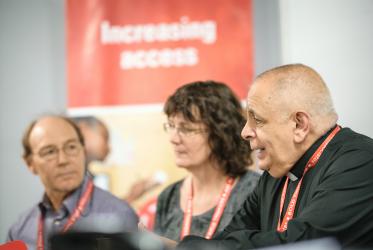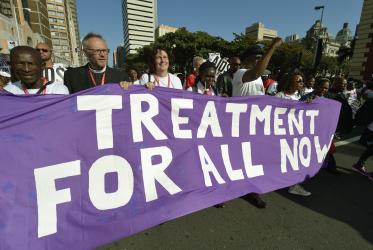Displaying 1 - 20 of 22
In Nigeria, Thursdays in Black is flourishing
26 March 2018
“Called to be a good neighbor”
14 October 2017
Honest talk blossoms between youth, theologians in Cote d’Ivoire
14 September 2016
Star power shines light on AIDS epidemic
21 July 2016
Children are being let down over HIV care
17 July 2016
AIDS 2016: “Stigma kills more people than HIV”
17 July 2016
In Ghana, women bring open minds, honest words
05 July 2016
Person with disability shares reflection on AIDS conference
10 December 2015
Dialogue on HIV, sexual reproductive health and rights
12 March 2014
Preventing violence and HIV pandemic in Nigeria
19 April 2012
